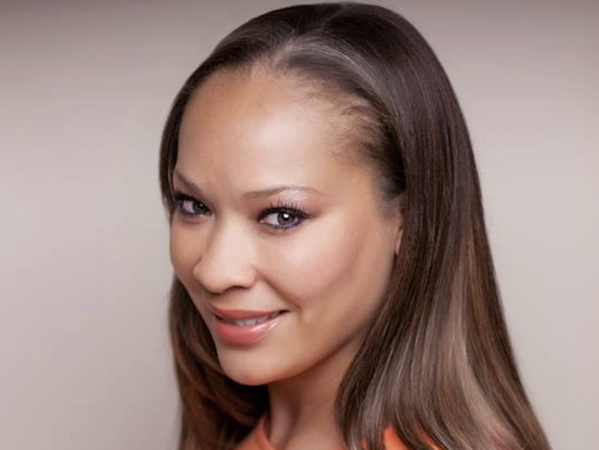When neobank Fair announced that they’d appointed Toni Harrison as their new Chief Marketing Officer, industry insiders realized that this was nothing short of a boss move. Harrison, after all, came to Fair with a proven track record in communication fields, such as journalism and marketing, and with several industry awards under her belt.
But for Harrison, the move to Fair was more than just a career move — it was driven by a desire to embrace a new path, one that made sure that Black men and women (in other words, the traditionally “under-banked”) were given options that were previously unavailable to them.
“I never really looked into this until Fair was my agency client,” Toni Harrison told AfroTech. “As you start looking into this, you realize that a typical bank is a business. And business, by its definition, is all about turning profits. And this really starts to stick out when you think about the wealth gap — especially the racial wealth gap — which is growing, even as Black men and women are getting more educated and getting better-paying jobs and receiving social equity. I’m piecing all this together as I’m reading a study about how Black people, and Latines, are paying more in bank fees, have fewer investments, have less access to retirement services, and just are poorer in general than their white counterparts. So the move to Fair — especially after learning about its mission statement — was a no-brainer.”
Indeed, Fair’s own mission statement makes it clear that while it is a business like any other, it is not out to further trample on the Black community who is often victimized by predatory banking practices. As a multilingual neobank and financial services platform that values people over profit and purpose over process, Fair delivers ethical banking, lending, investments, and retirement services via a membership model that enables customers to keep more money in their wallet with offerings such as interest-free loans, free account-to-account international money transfers and up to 2% in annual dividend accounts. Fair also donates 2.5% of its profits to support refugee missions globally.
But for Toni Harrison — who said that unlike many of her contemporaries, she grew up with “certain privileges,” such as access to and understanding of generational wealth — joining Fair wasn’t just about a professional “good look.” Rather, it also involved being socially responsible for the community at large.
“Leadership requires going beyond titles and job descriptions — it requires us to make contributions to our industry, community, and society,” she said. “We are currently at the intersection of skyrocketing growth in online banking, a growing racial wealth divide, and a lack of representation in the boardrooms that have the power to make a difference. Fair is designed, in part, to fill this void, and I am honored to help lead the charge.”
Fair, like many Black-owned banks — whose numbers are steadily growing — takes a “for us, by us” mentality in their day-to-day transactions, and it’s one that propels its daily decision-making process. For that reason, said Harrison, Black men and women who are considering different banking — and neobanking — alternatives will find it more attractive than their counterparts.
“Certain products and investments are going to culturally resonate with the Black community over others, and research has shown this to be the case,” she said. “For example, things like high-yield savings resonate better than, say, investing in futures. In other words, things that have tangibility over more nebulous things. We at Fair understand that, and we’re here to make our members’ investment dreams become a reality.”
Editorial note: Portions of this interview have been condensed and edited for clarity.


